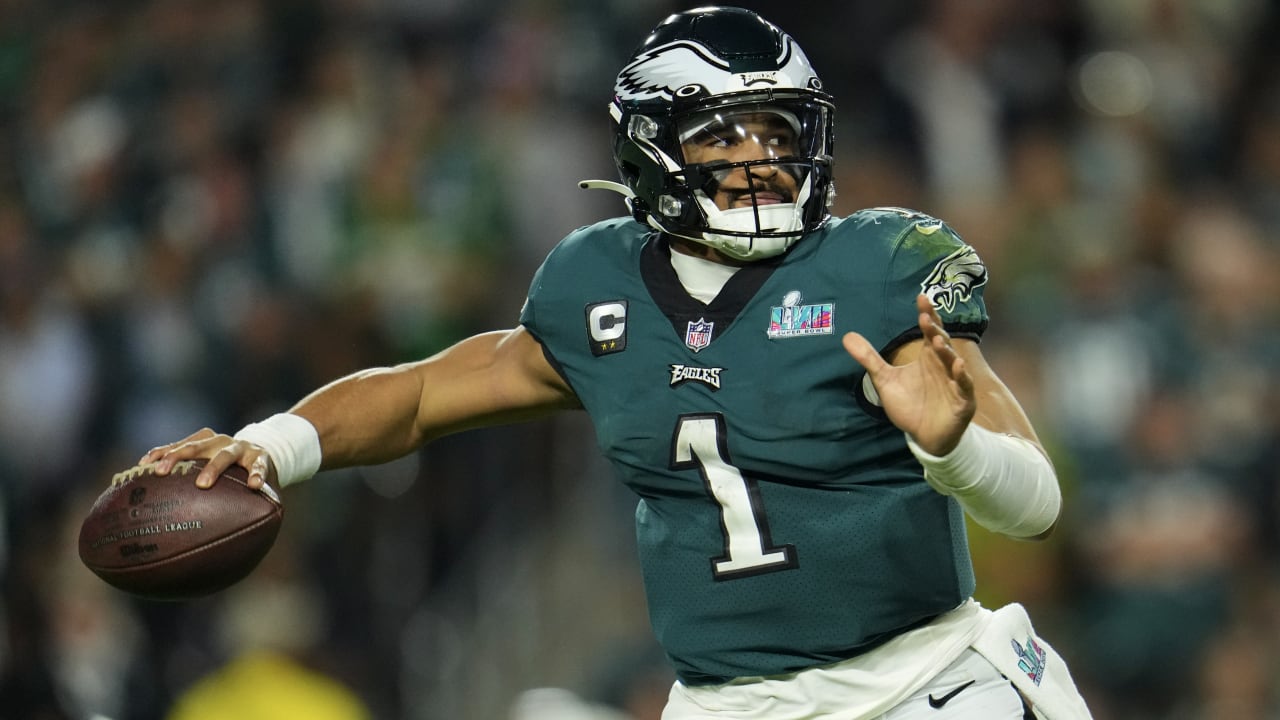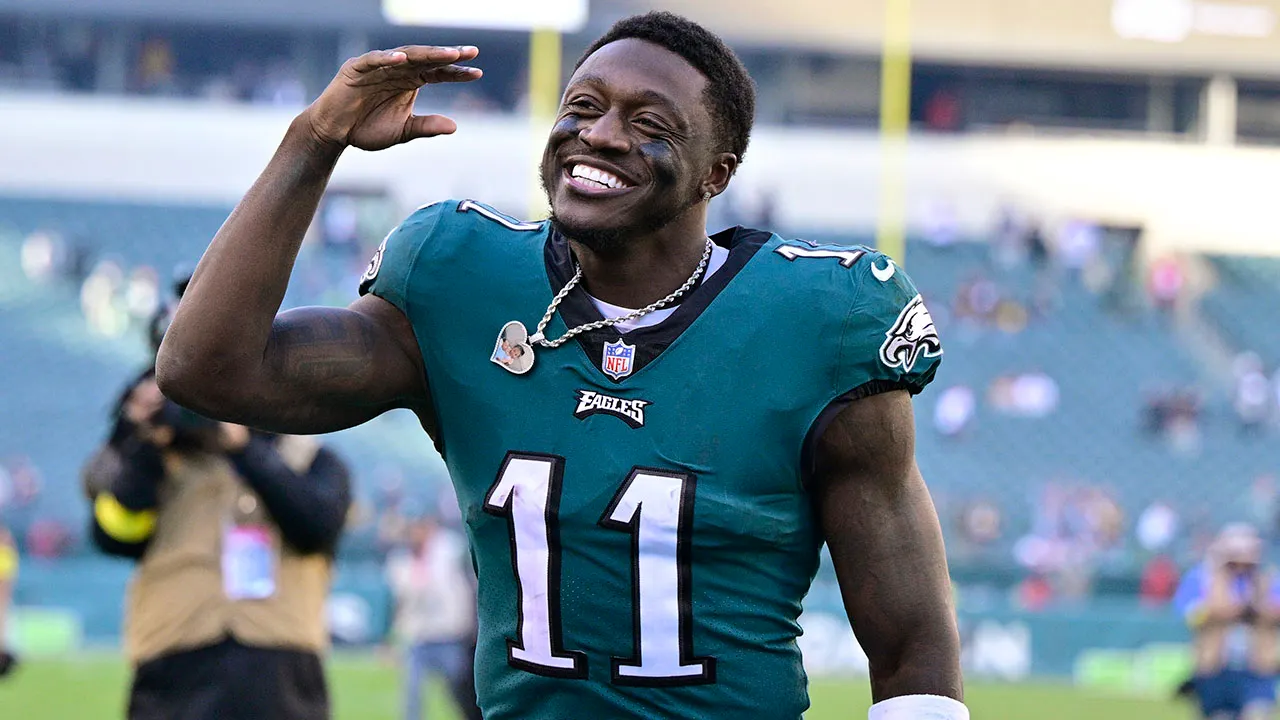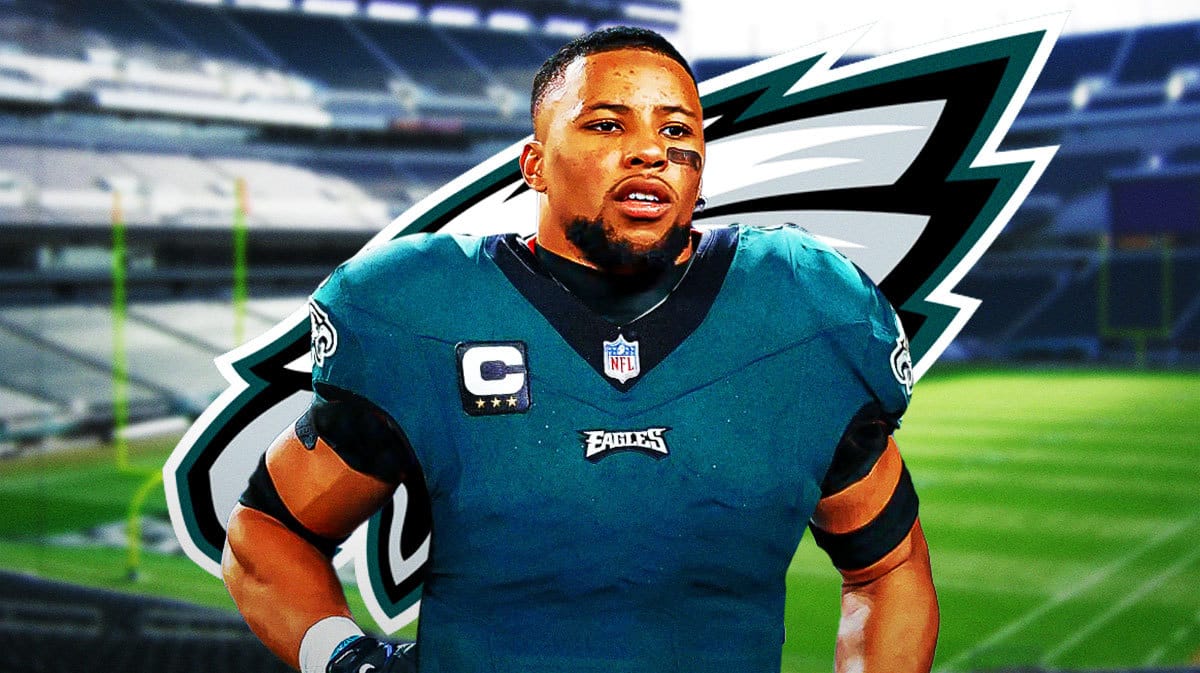The Philadelphia Eagles made headlines with their surprising decision to trade for Kenny Pickett, a move that left fans and pundits alike scratching their heads, especially when compared to the Pittsburgh Steelers’ acquisition of Justin Fields the following day. This sequence of events has sparked a debate across the sports world, with many questioning whether the Eagles made the right choice in opting for Pickett over Fields.

Kenny Pickett Trade
At first glance, the trade for Kenny Pickett seems to be a well-calculated decision by the Eagles. By exchanging a third-round pick for a fourth-rounder along with two future seventh-round picks, Philadelphia secured a 25-year-old quarterback with a commendable college pedigree.
This move ensures that Jalen Hurts‘ backup is more than capable of stepping in when needed. However, when scrutinizing the trade’s details and comparing it with the Steelers’ acquisition of Justin Fields, questions arise about the Eagles’ strategy.

Justin Fields Over Kenny Pickett
Pittsburgh’s trade for Justin Fields, involving a single 2025 sixth-round pick—which could potentially become a fourth-round pick—seems like a steal, especially considering Fields’ dynamic abilities on the field.
The Eagles did inquire about Fields, but the negotiations with the Chicago Bears didn’t pan out, leading them to settle for Pickett. This decision has led to speculation that the NFL community undervalues Fields despite his higher ceiling compared to Pickett.
The best QB and WR duo in the NFL🔥#FlyEaglesFly #Eagles pic.twitter.com/gYbgi8R9bp
— ☆𝘏𝘰𝘸𝘪𝘦𝘙𝘰𝘴𝘦𝘎𝘖𝘋☆ (@JalenCarterDPOY) March 10, 2024
Financial Considerations and On-Field Performance
Financially, Kenny Pickett’s $2.6 million salary for the 2025 season is far more palatable than Justin Fields’ $25.7 million club option. This economic factor certainly played a role in the Eagles’ decision-making process. Yet, from a purely athletic standpoint, Fields offers a skill set that arguably makes him a better fit for Philadelphia’s offense.
His ability to extend plays and contribute on the ground mirrors the playing style of Jalen Hurts, suggesting that the Eagles could have maintained their offensive scheme more seamlessly with Fields rather than Pickett.
Philadelphia Eagles’ Strategic Misstep or Wise Decision?
While Kenny Pickett’s affordability and potential upside as a backup QB are noteworthy, the Eagles’ decision to trade for him instead of Justin Fields raises questions about their long-term vision for the quarterback position. Fields’ skill set and higher potential could have provided the Eagles with a more versatile and dynamic backup option, one that aligns more closely with their current offensive philosophy.

The debate over whether the Eagles should have pursued Justin Fields more aggressively is valid, especially considering the minimal cost of acquiring him. However, it’s essential to acknowledge that NFL trades involve complex considerations, including financial implications, team dynamics, and long-term strategic planning.
While the Eagles may have missed an opportunity to secure a perfect schematic fit for their offense, the decision to opt for Pickett reflects a broader strategy that balances economic realities with the need for competent backup support.
In conclusion, only time will reveal the true impact of the Eagles’ decision to trade for Kenny Pickett over Justin Fields. As both quarterbacks settle into their new roles, their performances will ultimately determine the wisdom of Philadelphia’s choice. For now, Eagles fans can only hope that their team’s gamble pays off, turning what some view as a strategic misstep into a savvy, forward-thinking move.

Source: Fansided









